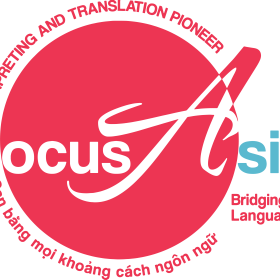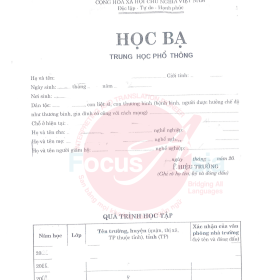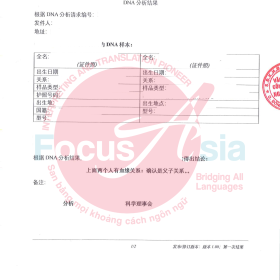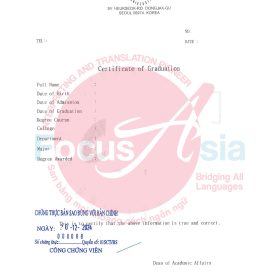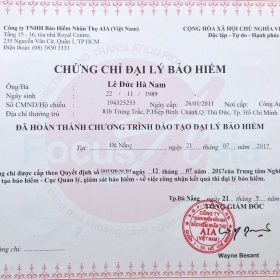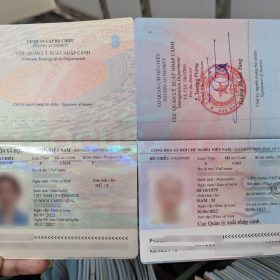Game Localization vs. Game Translation: Key Differences and Importance
Game localization and game translation are two terms often used interchangeably, but they represent distinct concepts. To better understand these terms, let’s delve into each and explore their significance in the gaming industry.

Game Translation
- Definition: Game translation involves converting the text within a game from its original language into another language. This includes translating dialogues, menus, instructions, item descriptions, and other textual elements.
- Goal: The primary objective of game translation is to accurately convey the meaning of the original text into the target language.
- Challenges:
- Conciseness: Game text is often concise, requiring translators to find equivalent terms that are both accurate and succinct.
- Context: Game contexts vary widely, from user interfaces to complex dialogues. Translators must have a deep understanding of the context to produce appropriate translations.
- Culture: Each language carries unique cultural nuances. Translators must be aware of these cultural differences to avoid misunderstandings.
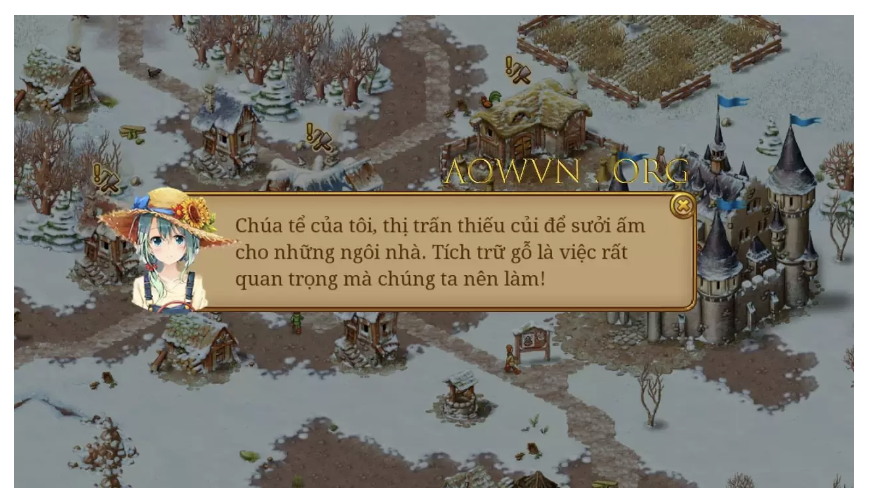
Game Localization
- Definition: Game localization is the process of adapting a game product to a specific market, which includes translation.
- Goal: The aim of game localization is to create a completely natural and tailored gaming experience for players in the target market.
- Localization Elements:
- Text: This involves translating and adjusting text to align with local cultural norms.
- Currency: Adjusting in-game currency to match the target market.
- Dates and times: Adjusting date and time formats, as well as time zones.
- Units of measurement: Converting units of measurement (km, miles, kg, pounds).
- Visual content: Modifying images, icons, and graphics to suit local cultural preferences.
- Audio: Adjusting sound effects, background music, and voiceovers.
- Events and holidays: Adapting in-game events and holidays to local cultural celebrations.
Importance of Game Localization and Translation
- Market expansion: Localization enables game developers to reach a larger audience in international markets.
- Enhanced user experience: High-quality translations and meticulous localization create a more immersive and engaging gaming experience.
- Improved brand image: Successful localization builds a positive brand image for the game and its developer.
In conclusion, while translation is a crucial component of game localization, localization encompasses a broader range of adaptations aimed at creating a fully personalized gaming experience for each market.
See also:
Asian Translation and Interpretation
Local games and game translation; game language conversion in various languages









